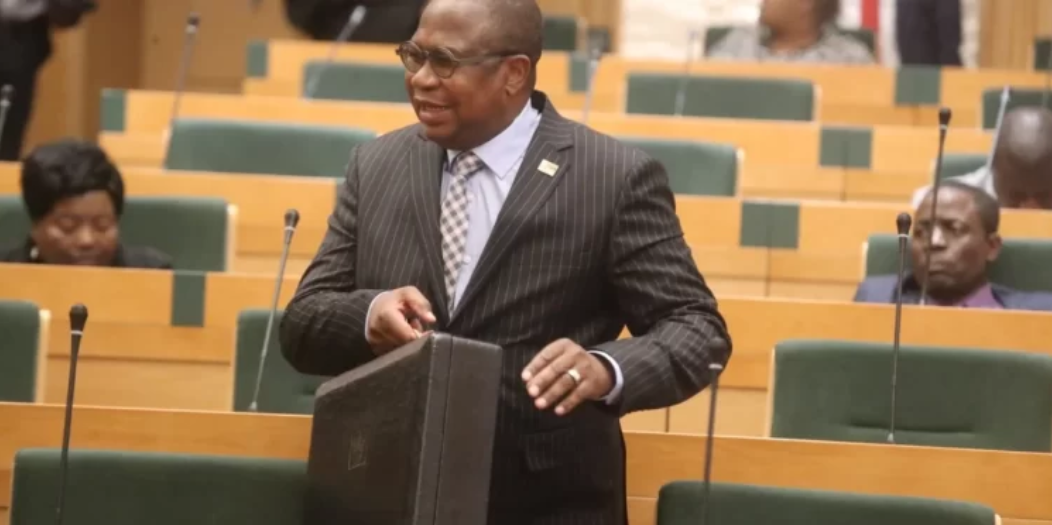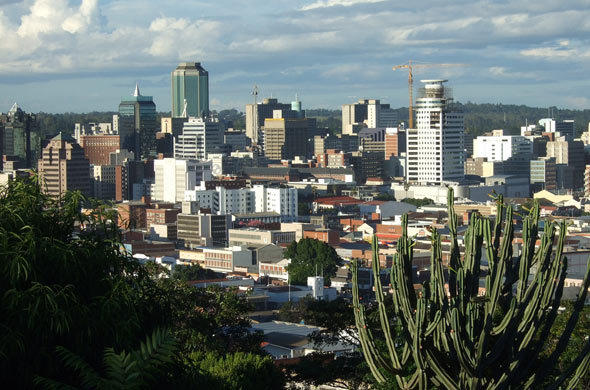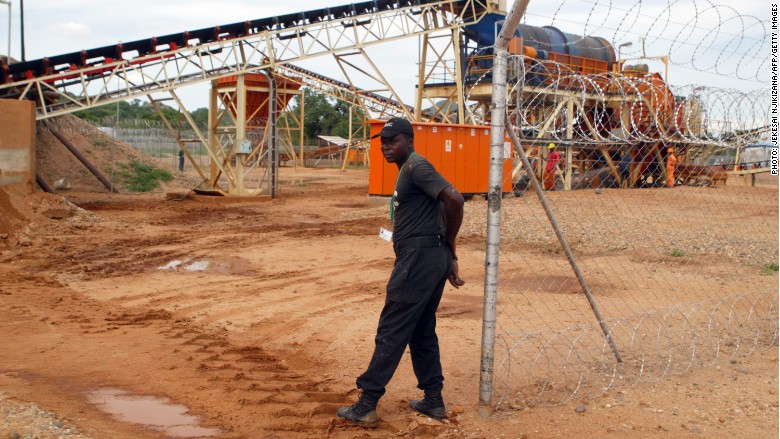Deep in the misty Eastern Highlands, along the Zimbabwe–Mozambique border, the whine of chainsaws has replaced the natural chorus of birdsong. Towering indigenous and exotic trees, some centuries old, are falling to unchecked, illegal logging - a trade that robs Zimbabwe of more than US$50 million in revenue each year.
What was once a lush, unbroken expanse of green is now scarred by barren clearings.
"It is heart‑breaking," says a senior Forestry Commission of Zimbabwe official, speaking on condition of anonymity. "These forests are a national treasure, but they are being stripped away by greedy individuals who disregard the long‑term consequences."
Zimbabwe boasts more than 40 million hectares of forest, two‑thirds of which are publicly owned. But the Forestry Commission estimates that 500 000 hectares - roughly the size of Harare - are being lost to illegal logging.
The loss is more than environmental; it is economic and social. Deforestation deprives the government of vital revenue needed to manage and protect forests, while destroying livelihoods tied to forest resources.
"This is a vicious cycle we are determined to break," the official says.
Experts say the crisis is rooted in a governance gap. Forestry management has historically been top‑down, leaving rural communities - who depend on these resources for food, fuel and shelter - feeling excluded.
"Local communities do not have a stake in the protection and sustainable use of the forests, which makes them more susceptible to participating in illegal activities," explains Kudzai Mutasa, a forestry expert at the Environmental Management Agency (Ema).
Mutasa and other advocates are calling for a shift to community‑based forestry, where residents have a direct say in resource management.
"This makes people far more likely to become stewards of the land," says development specialist Nomalanga Moyo. "Forests are the lifeblood of these communities. Protecting them means protecting the people."
The Forestry Commission, Ema, and local NGOs have begun piloting community‑based forestry management schemes. Early results are encouraging: deforestation rates are falling, and locals are taking greater ownership of forest protection.
"We are moving away from a top‑down, extractive model towards a more inclusive, sustainable approach," says a Forestry Commission spokesperson. "Communities are the real experts here, and we need to empower them as guardians of these forests."
Illegal logging in Zimbabwe is not just a local problem - it is a lucrative enterprise dominated by well‑organised syndicates with political connections. These criminal networks exploit weak enforcement and porous borders to feed both domestic and cross‑border timber markets.
"We are up against sophisticated criminal enterprises that have infiltrated every level of the supply chain," says local advocate Chipo Mabika. "It is not just about catching the loggers in the act; we must follow the money and dismantle these operations."
For forestry ranger Elliot Mupfurutsa, the destruction is personal. Just kilometres from his home, once‑verdant forest has been reduced to wasteland.
"These trees have been here for generations," he says. "They provided food, shelter and livelihoods. Now they're gone - stripped away for profit. This is not just an environmental catastrophe; it's a social one as well."
Government reforms are under way to strengthen forest protection laws, scale up community‑based programmes, and disrupt criminal logging networks. But environmentalists warn that without sustained funding, rigorous enforcement, and political will, gains could be lost.
As the sun dips over the battered canopy of the Eastern Highlands, the fight for Zimbabwe's forests continues - a struggle not just for trees, but for the cultural and economic lifeblood of communities that call them home.
"These forests are part of our identity as Zimbabweans," says Mabika. "We cannot afford to lose them. It's time to put the chainsaws down and build a better future for our country and our children."
- Newsday
 Zimbabwe's budget falls short of Abuja health target funding
Zimbabwe's budget falls short of Abuja health target funding  South Africa's debt-to-GDP ratio worsens under Ramaphosa
South Africa's debt-to-GDP ratio worsens under Ramaphosa  UK's Boris Johnson quits over Brexit stretegy
UK's Boris Johnson quits over Brexit stretegy  First Mutual to list Zimbabwe's first gold ETF
First Mutual to list Zimbabwe's first gold ETF  Zimbabwe on track for 6% growth
Zimbabwe on track for 6% growth  Econet defends fair usage policy amid backlash
Econet defends fair usage policy amid backlash  Young Investment Professional (YIP) Graduate Programme 2019
Young Investment Professional (YIP) Graduate Programme 2019 










 Young Investment Professional (YIP) Graduate Programme 2019
Young Investment Professional (YIP) Graduate Programme 2019
Editor's Pick